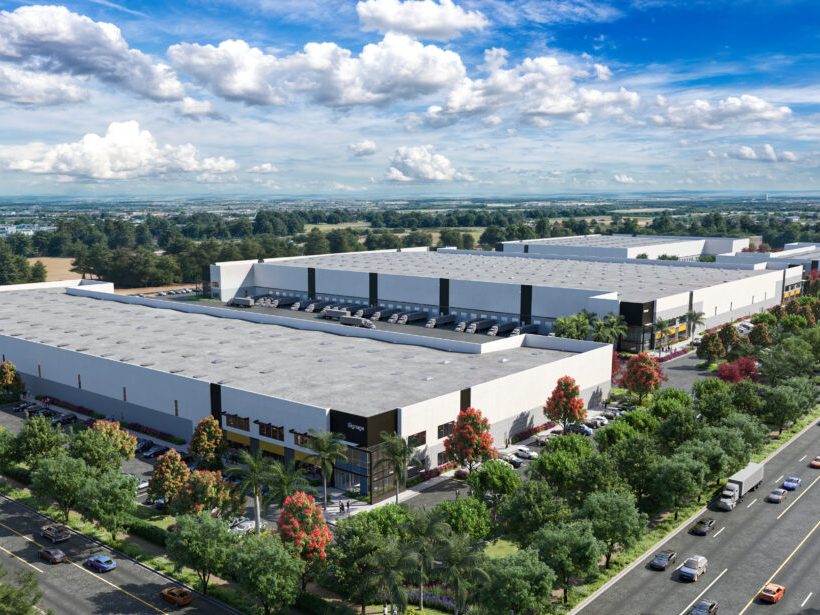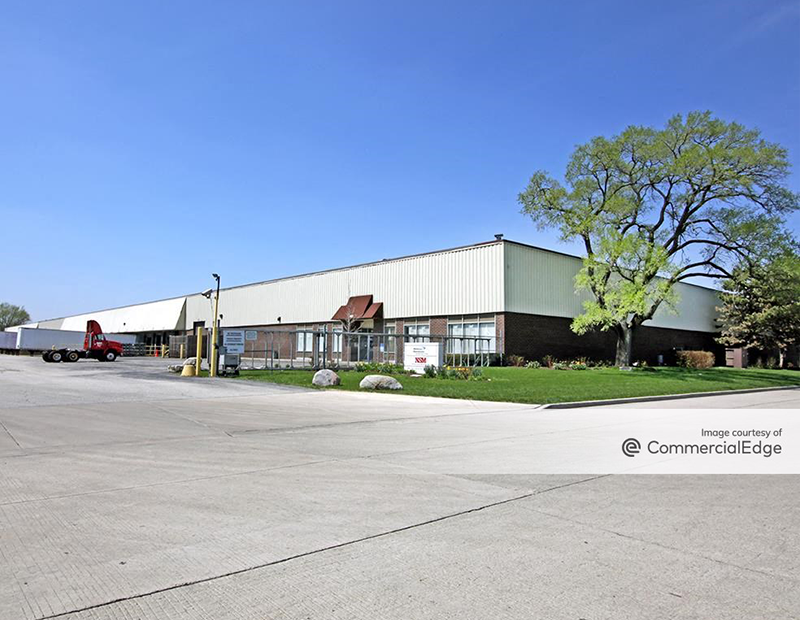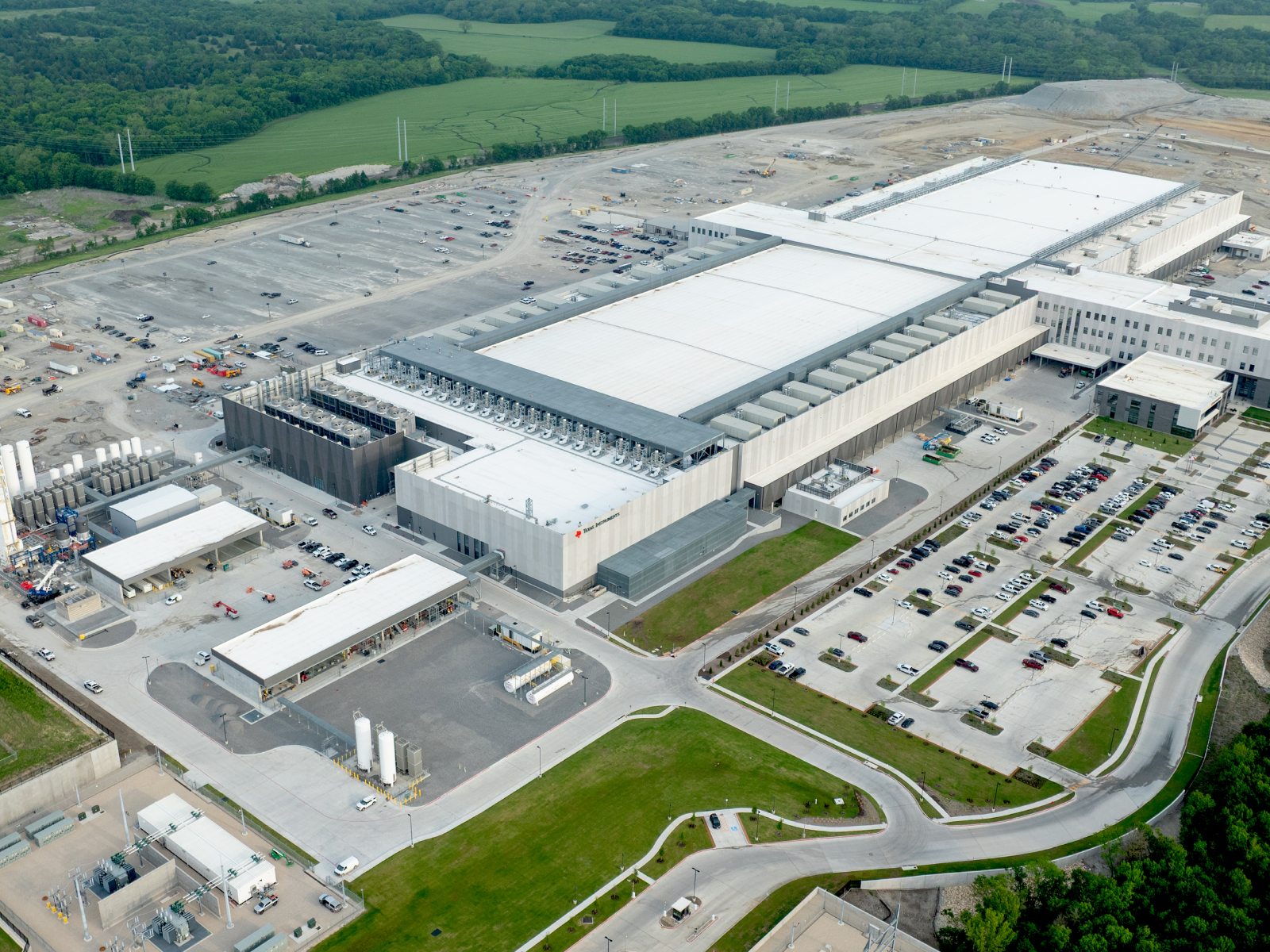Will AI Take Over CRE?
At NAIOP's CRE.Converge conference, experts weighed in on that key question.

Experts discussing the impact of AI during NAIOP’s CRE.Converge conference. From left, Ajey Kaushal, JLL Spark Global Ventures; David Knight, Dealpath; Olivier Maene, Avison Young; Todd Huebsch, Yardi. Photo courtesy of NAIOP
Artificial intelligence is certainly making inroads into commercial real estate, though so far it is neither sentient nor replacing human decision-making. Could that change one day?
A panel of experts grappled with that key question last week during NAIOP’s CRE.Converge conference in Seattle.
The panel was moderated by Ajey Kaushal, senior investment associate, JLL Spark Global Ventures. Panelists included Todd Huebsch, vice president, Yardi Systems Inc.; David Knight, chief architect, Dealpath; and Olivier Maene, global product director, Avison Young.
“We’ve seen that AI can have a foundational impact on the way that space is interacted with today. We know that there is opportunity for us as a sector,” said Ajey Kaushal, the panel’s moderator and a senior investment associate at JLL Spark Global Ventures.
He cited multiple ways that AI has the power to impact commercial real estate:
- AI has the capacity to change how people live, work and play, thus reshaping the real estate market over time.
- AI companies and supporting infrastructure will drive demand for real estate in different markets.
- AI will further transform how the real estate industry operates.
AI has been used in diverse ways at Yardi Systems: chatbots, work orders, accounts payable, data entry and as virtual assistants, reported Todd Huebsch, a vice president at the technology company.
Predictive modeling, a subset of AI, is being used to consider factors such as provider locations, demographics, business data and infrastructure to determine appropriate locations, according to David Knight, chief architect at Dealpath.
Health-care real estate has provided an initial area for Avison Young to test AI’s potential, noted Olivier Maene, the firm’s global product director. For example, AI-generated strategies for health care have shown that outpatient services might be better located at a greater distance from the central hospital than they are now. This could be a convenience for patients as well as a relief for land-strapped hospital systems.
One pressing question surrounding AI is whether, or when, it could replace people. The panelists agreed that they don’t see that happening in commercial real estate any time soon.
Certain functions, such as data entry and analysis, are being handled by AI, but actual decision-making will remain in the hands of humans.
These decisions are expensive and depend on the trust of the people making them, the panel said. As Huebsch put it, AI today “is mostly augmenting what’s in place today.” But that will change. In downtown districts, some vacant Class B office buildings may soon be repurposed as data storage facilities. And the ranks of those who work in commercial real estate will include many more data analysts.
So, for now, the consensus is that AI is not a replacement for the trust that comes from human interactions. But concerns linger. HAL decided not to open the pod bay doors in “2001: A Space Odyssey,” and the day when that could really happen doesn’t seem so far off.







You must be logged in to post a comment.